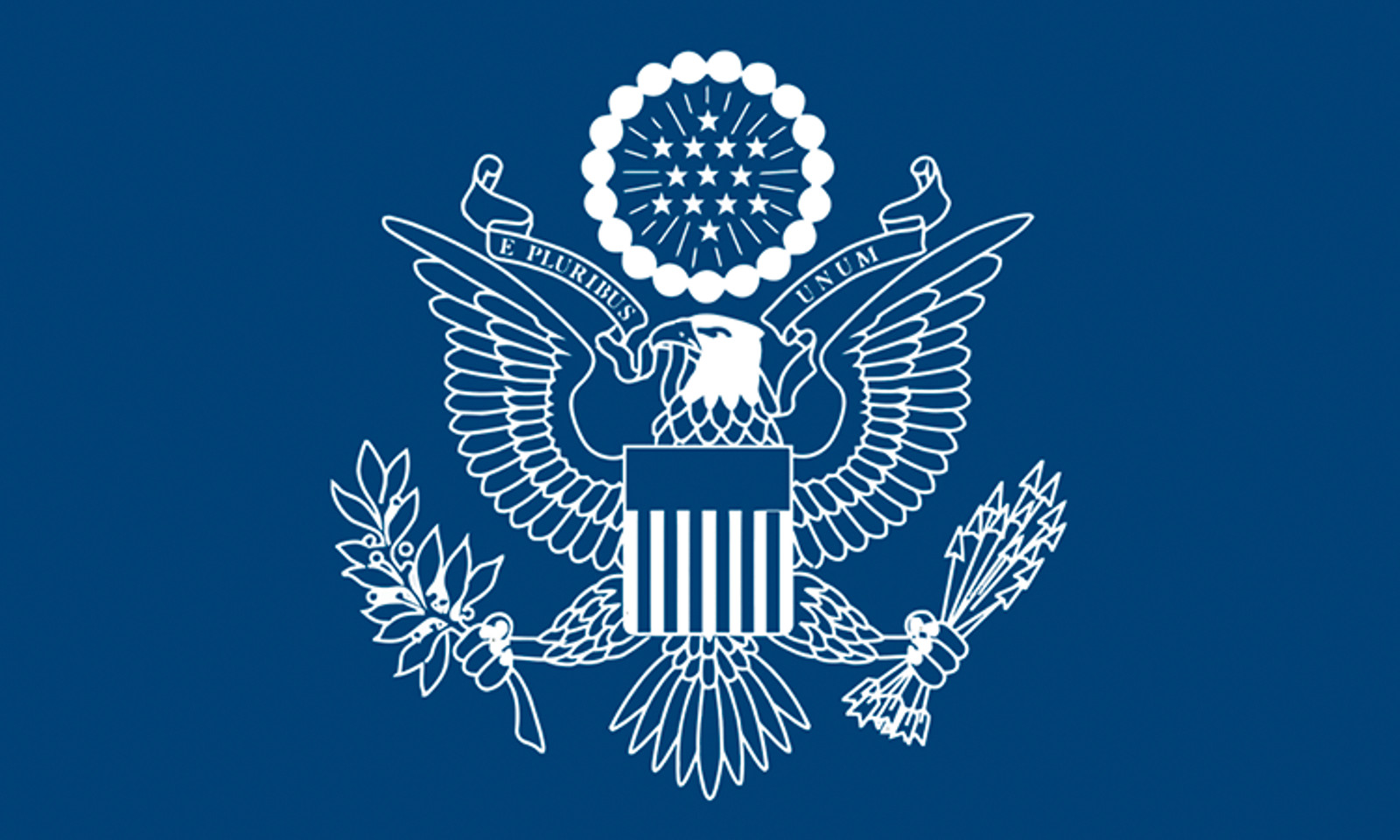The coronavirus pandemic has impacted daily life in Costa Rica, which has declared a State of Emergency and enacted sweeping measures to slow its spread.
Here’s what you need to know today:
Residents can leave Costa Rica without losing status
Update (April 21): We strongly urge non-citizen residents to contact the Immigration Administration, the U.S. Embassy and/or immigration lawyers before leaving the country.
This is the information we received from the Immigration Administration today:
“According to Executive Decrees No. 42238 – MGP-S, 42256-MGP-S and No. 42287-MGP-S, if you have a migratory status, you can leave the country but you are given an entry impediment, and you will not be able to enter until the borders reopen.”
“The foreigner with a migratory status is urged not to leave the country. If the exit and the entrance is via a border post, they will not have problems, and can enter once the impediment is lifted. If the departure and entry is not at a border-crossing post, immigration status is canceled or denied.”
Original story follows:
Costa Rica residents can leave the country without losing their residency status, the Immigration Administration confirmed to The Tico Times. However, non-citizens will not be allowed to re-enter the country until at least April 13.
The Immigration Administration statement, based on the decree published in official government newspaper La Gaceta, clarifies a measure enacted by Costa Rica in late March. At the time, President Carlos Alvarado said “all foreigners residing [in Costa Rica] or with regular migratory status in the country who leave the national territory will automatically lose their immigration status.”
The U.S. Embassy in San José has also confirmed with the Costa Rican government that “legal residents who depart Costa Rica … will not have to begin the residency process again.”
Both countries recommend avoiding all nonessential international travel, and the U.S. Embassy says its ability to provide repatriation assistance “may become increasingly limited” as the COVID-19 situation develops.
Understanding Semana Santa driving restrictions
As we detailed Wednesday, Costa Rica is enacting a series of vehicular restrictions during Semana Santa (Easter Holy Week).
If you’re confused about when you will or won’t be able to drive, you’re not alone. Thankfully, the website La Restricción clears up any confusion. Simply provide the last digit of your license plate, and the website will provide a personalized chart for that vehicle.
La Restricción does not appear to be government-run, so we recommend cross-referencing information with official sources. Remember too that there are a few exceptions to the restrictions.
Businesses that can stay open next week
As part of Costa Rica’s efforts to slow the spread of COVID-19, most commercial businesses will close during Semana Santa. Below is a list of exceptions:
- Home delivery services.
- Essential institutions such as immigration, customs and border posts, among others.
- Public and private health centers (e.g. clinics, pharmacies, hospitals, laboratories), as well as veterinary clinics.
- Supermarkets, grocery stores, bakeries and butchers.
- Establishments that sell agricultural products.
- Establishments that supply hygiene products.
- Public and private banks.
- Funeral homes and wake chapels.
- Establishments where there is commercialization of agricultural, livestock or fishing products (e.g. farmers markets and other markets).
- Child-care centers and care centers for people in vulnerable conditions.
- All other establishments with sanitary permits that don’t attend to the public in person.
Dial 1322 if you believe you may have COVID-19, and stay home whenever possible to help slow the spread of the pandemic.






